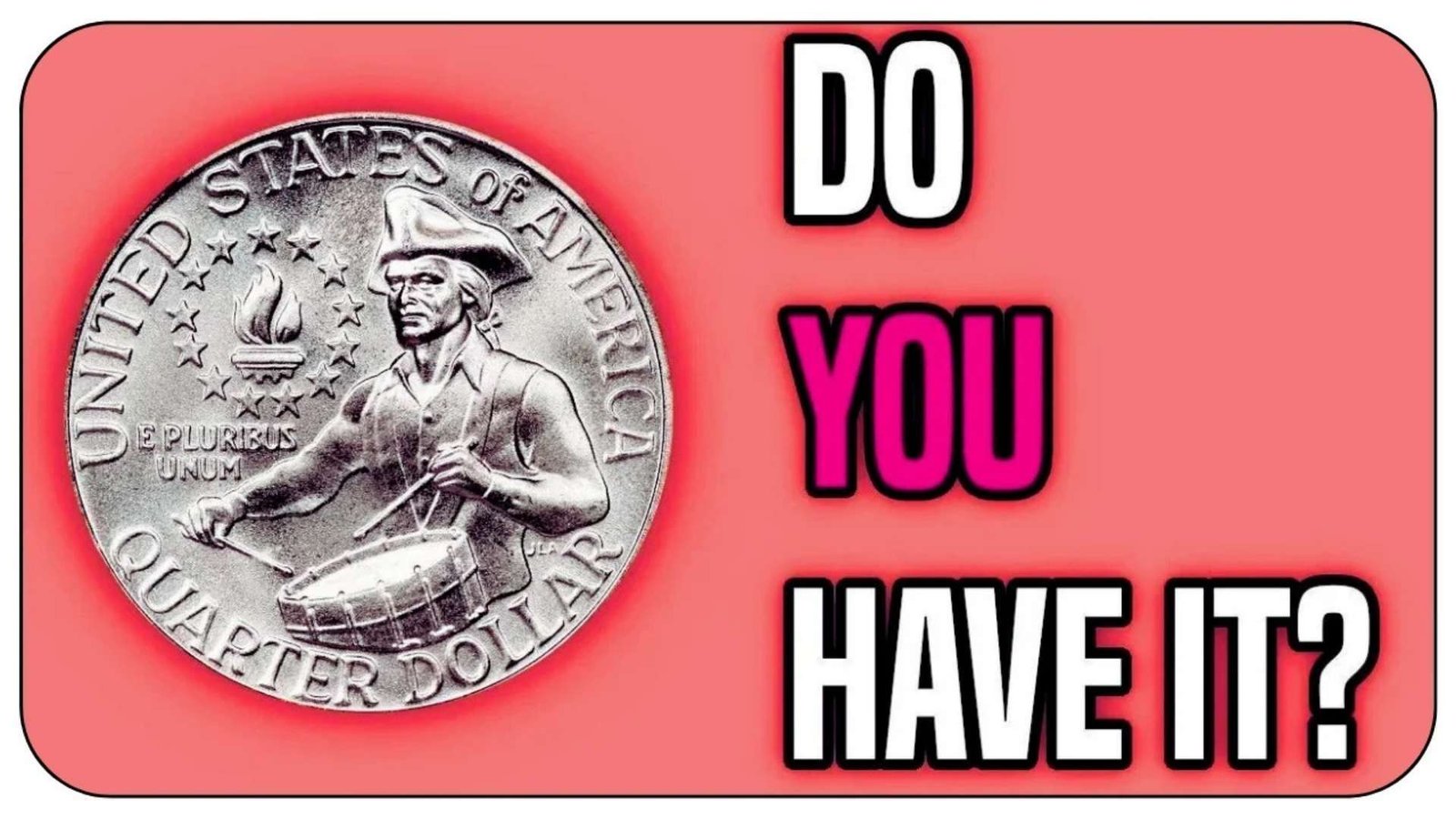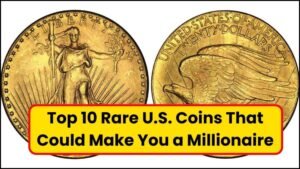What if the change in your pocket was hiding a small fortune? The Bicentennial Quarter, minted nearly 50 years ago, has sparked rumors of versions worth as much as $1 million. Could one still be slipping unnoticed through everyday transactions?
What Is the Bicentennial Quarter?
The Bicentennial Quarter was issued in 1975 and 1976 to celebrate America’s 200th anniversary. Featuring a colonial drummer on the reverse and the dual date 1776–1976, it became an instant collectible. While most are worth just 25 cents, rare error coins or special strikes can command eye-popping prices.
The History Behind the Coin
In the mid-1970s, the U.S. Mint decided to honor the nation’s bicentennial with unique coin designs. For the quarter, designer Jack L. Ahr created the iconic drummer boy motif. Billions were minted in copper-nickel, but limited runs in 40% silver and rare minting errors have fueled today’s high-value stories.
Why Some Are Worth a Fortune
Not every Bicentennial Quarter is valuable. The ones worth thousands — or potentially close to a million — are typically proof coins, silver strikes, or error coins. Unique characteristics such as doubled dies, off-center strikes, or high-grade preservation can dramatically raise value.
Value Factors for Bicentennial Quarters
| Factor | Impact on Value |
|---|---|
| Material | 40% silver proofs are far more valuable |
| Condition | MS67+ graded coins bring top prices |
| Errors | Minting errors can skyrocket value |
| Rarity | Low mintage or unique history boosts price |
The $1 Million Mystery
Collectors whisper about a handful of experimental Bicentennial Quarters struck on planchets intended for other coins, or with special metallic compositions. These anomalies are so rare that their estimated value can soar toward seven figures at auction.
How to Check If You Have a Rare One
Think you might be holding a fortune in your hand? Here’s what to look for:
- Check the composition — Silver quarters have a distinct ring and weigh 5.75g vs 5.67g for copper-nickel.
- Inspect for errors — Doubling, missing elements, or misaligned strikes can be goldmines.
- Look at the mint mark — Coins from the San Francisco Mint (S) may be silver proofs.
- Get it graded — Professional evaluation is essential before selling.
Quick Comparison: Regular vs Rare Bicentennial Quarters
| Feature | Regular Issue | Rare/Valuable Issue |
|---|---|---|
| Metal | Copper-nickel | 40% silver or experimental |
| Value | $0.25 | $5,000–$1M |
| Minting | Billions minted | Extremely low mintage |
| Condition | Circulated | Proof or MS67+ |
Notable Auction Records
- 1976-S Silver Proof Bicentennial Quarter (PR70DCAM) — Sold for over $13,000
- Rare mint error Bicentennial Quarter — Reported private sale near $50,000
- Rumored experimental strike — Estimated value approaching $1 million if authenticated
Expert Tips for Collectors
- Avoid cleaning coins; it destroys value.
- Store high-value coins in airtight, acid-free holders.
- Stay updated on auction results to gauge market trends.
- Join coin-collecting forums for insider leads on rare finds.
Frequently Asked Questions
Q: Can a regular Bicentennial Quarter be worth a lot?
A: Only if it’s in exceptional condition, silver, or has a rare error.
Q: How can I tell if mine is silver?
A: Silver coins have a solid silver edge without the copper stripe.
Q: Where could I find one?
A: Inherited collections, estate sales, and sometimes even in pocket change.
Conclusion
The Bicentennial Quarter isn’t just a nostalgic piece of American history — it’s a potential treasure hunt. While most are worth face value, the rarest versions can change a collector’s life overnight. The only question is — will you be the one to find the million-dollar quarter hiding in plain sight?





1 thought on “Rare Bicentennial Quarter Worth $1 Million, Still In Circulation – That Could Make You Rich”